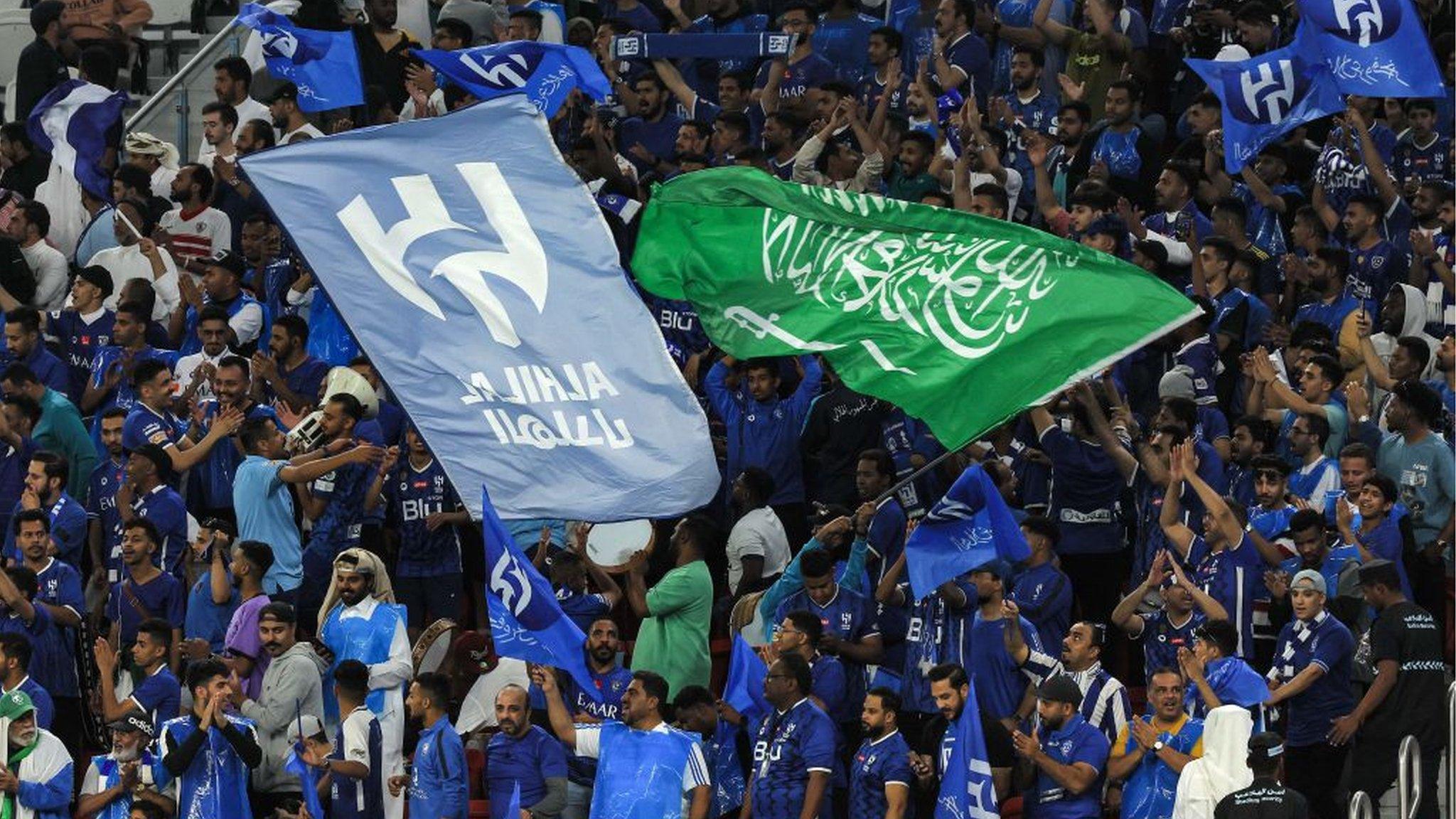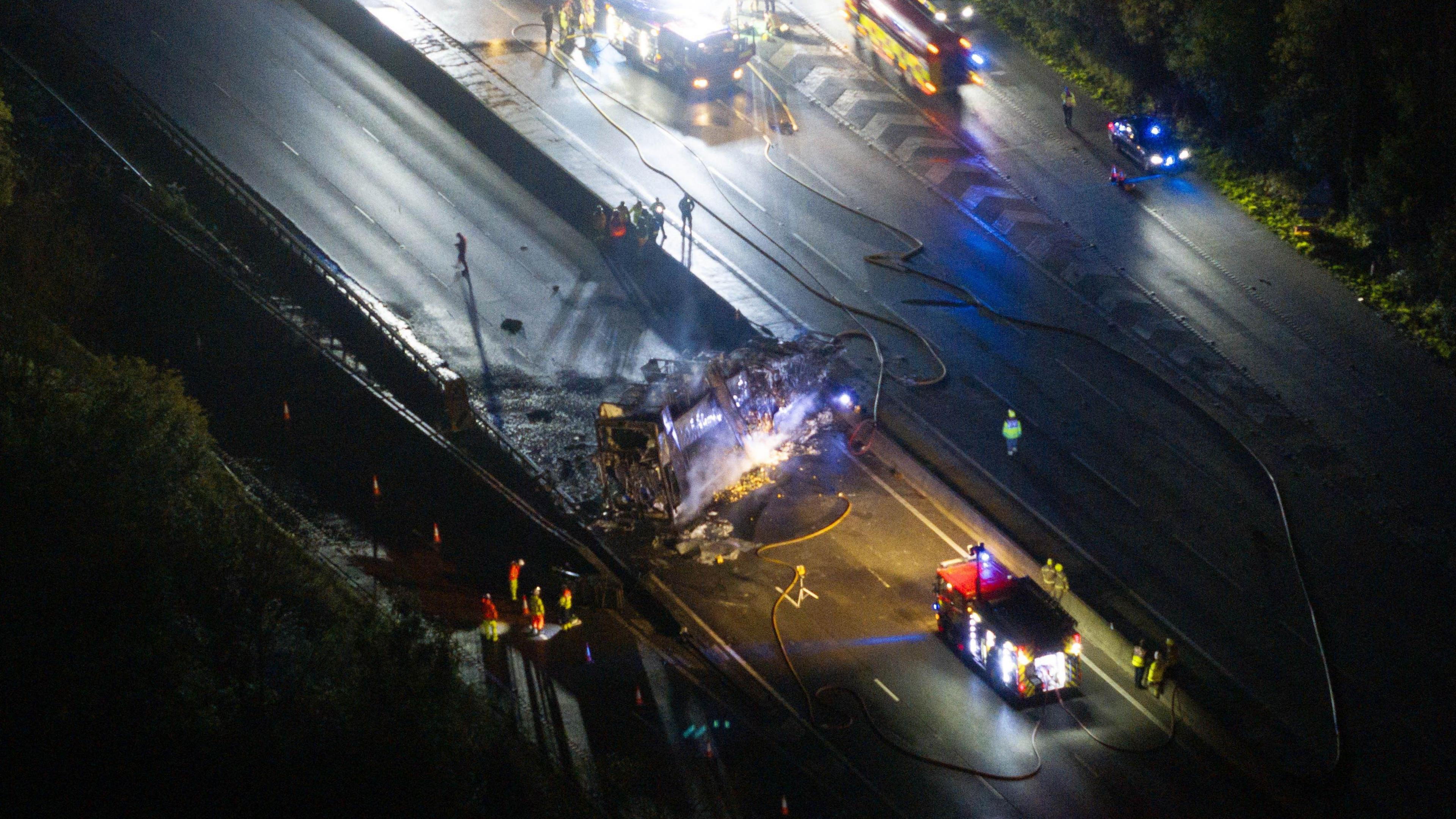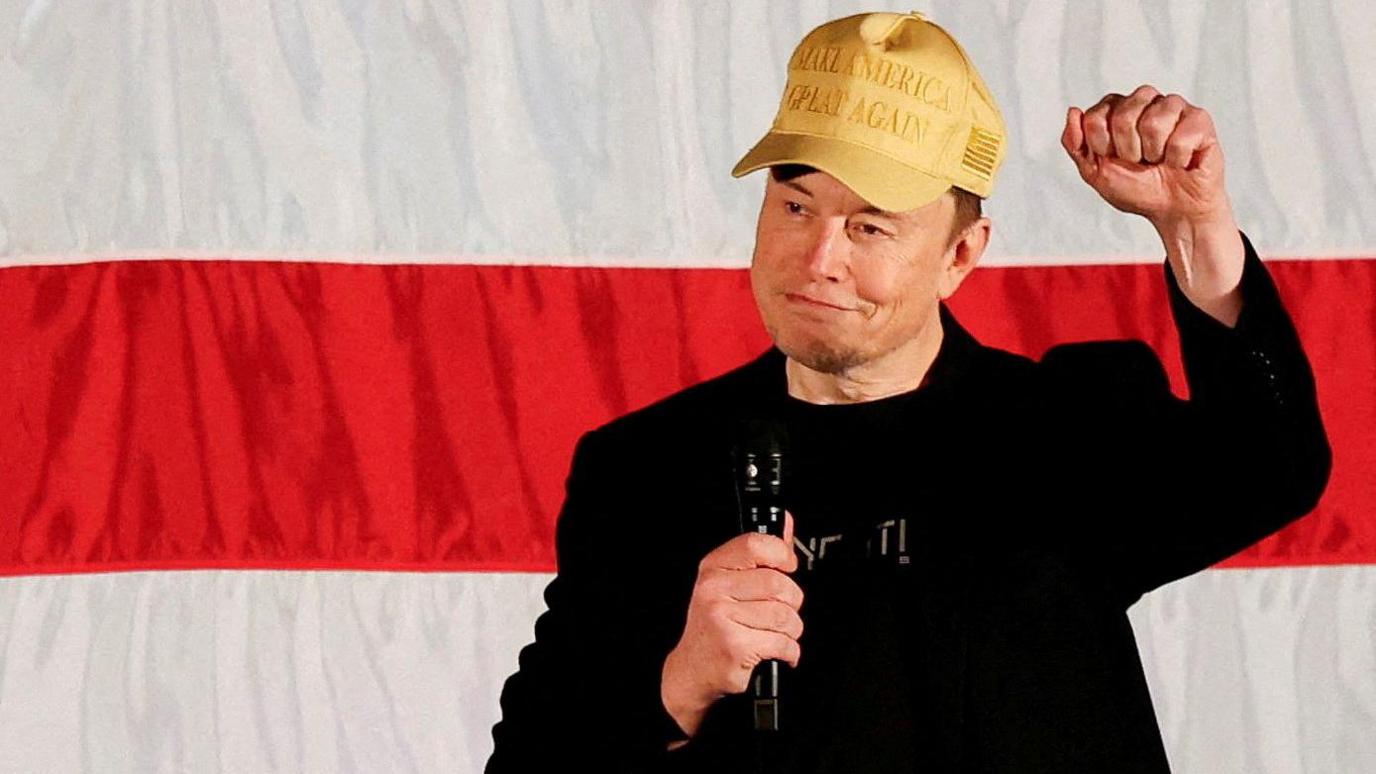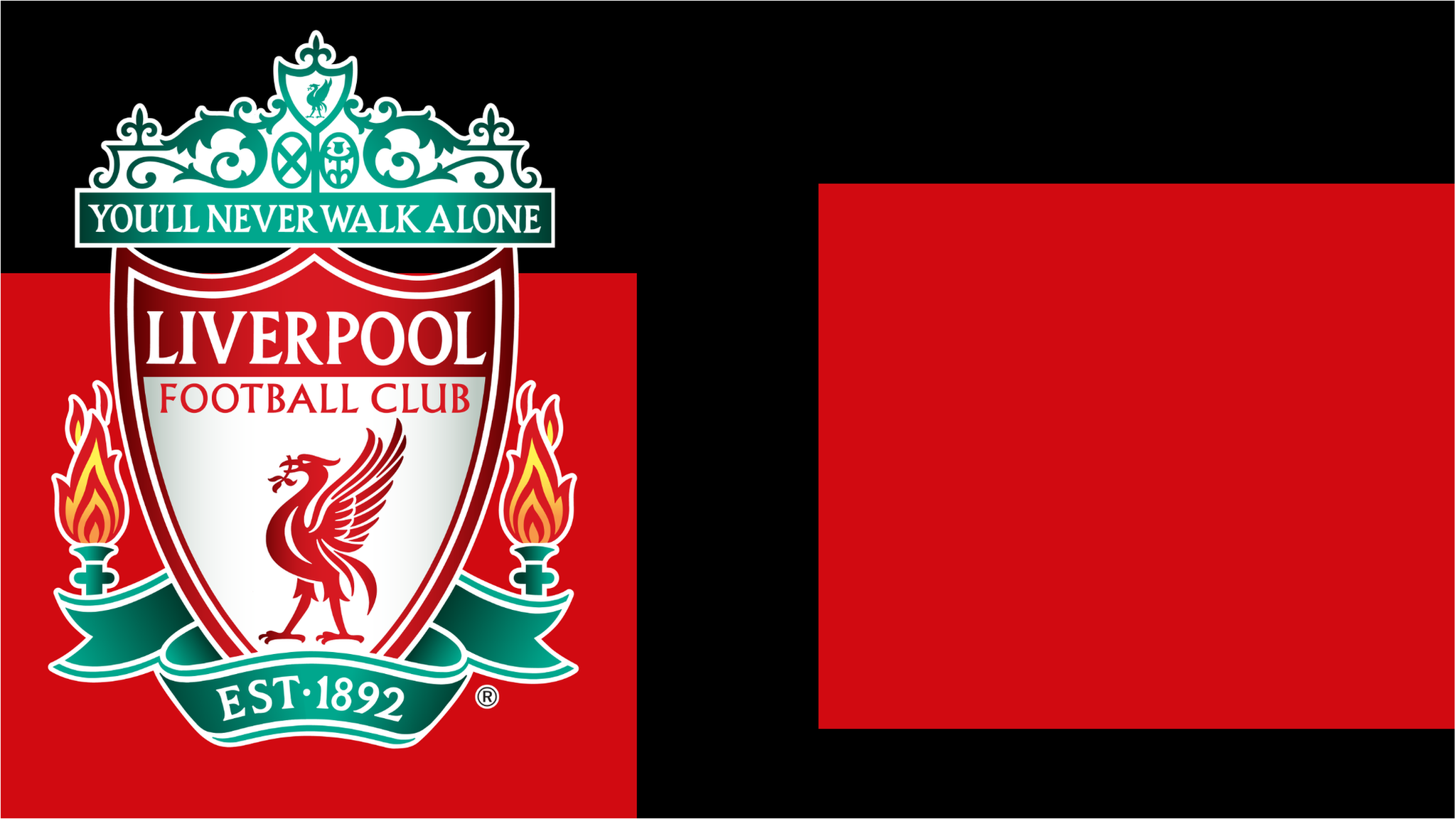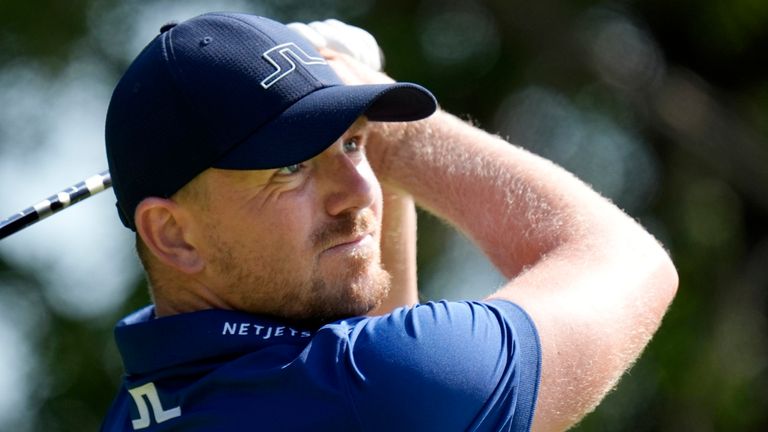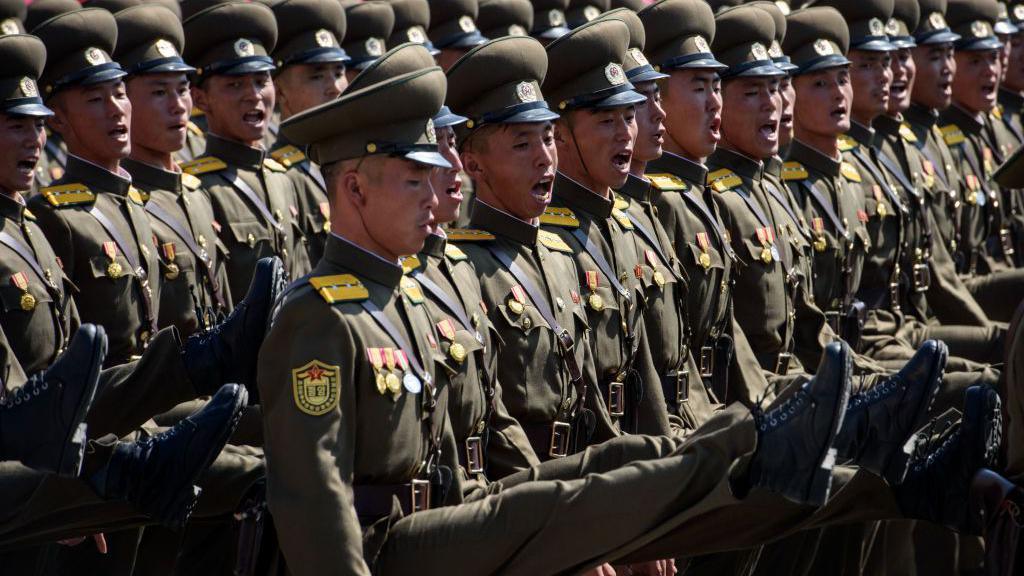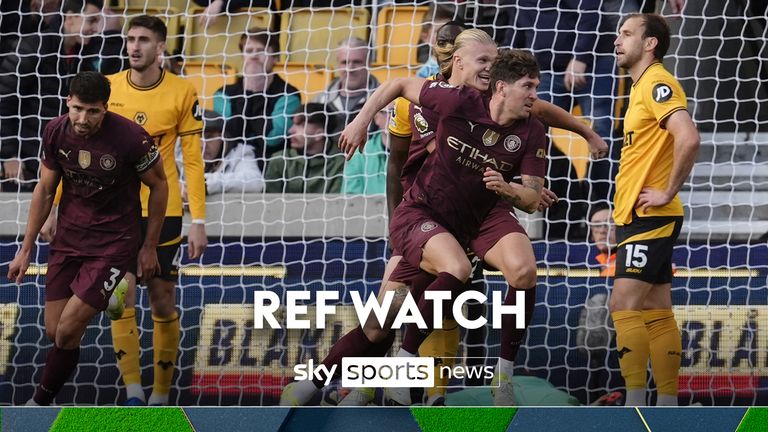More than 100 professional women’s footballers have signed an open letter urging Fifa to drop the Saudi oil giant Aramco as a sponsor, calling it a “punch in the stomach” to the sport.
Earlier this year Fifa announced a partnership with Saudi Arabia’s state-owned firm that will run until 2027, giving the company sponsorship rights to the men’s World Cup in 2026 and the Women’s World Cup the following year.
The players, drawn from 24 countries, have called on world governing body Fifa to reconsider the deal on humanitarian and environmental grounds.
Manchester City striker Vivianne Miedema is one of the signatories. The Netherlands international told BBC Sport: “I think as footballers, and especially as women’s footballers, we carry the responsibility to show the world and the next generation what is right.
“I think this sponsorship is not right for what Fifa stands for, but also what we as women footballers stand for.
“Fifa always shout that they want the game to be inclusive, and they want the game to lead by example. Well, if so, then make sure that you align with sponsorships that are leading by example.”
Fifa told BBC Sport it “values its partnership with Aramco” and stressed that sponsorship revenues were reinvested in the women’s game at all levels.
Saudi Arabia has been accused by critics of investing in sport and using high-profile events to improve its international reputation – a process that has been labelled ‘sportswashing’.
The Gulf kingdom has been criticised for its human rights violations, women’s rights abuses and the criminalisation of homosexuality.
Independent think tank Carbon Tracker says Aramco is “the world’s largest corporate greenhouse gas emitter”.
The company already has sponsorship deals with Formula One and golf’s Ladies European Tour, and is a partner of the International Cricket Council.
Aramco did not comment on the letter when contacted by BBC Sport but has previously said it has “one of the lowest upstream carbon footprints in the industry”.
The players uniting against the sponsorship have more than 2,300 international caps between them and include England defender Niamh Charles, as well as the captains of Canada and Italy’s national teams.
They have been supported in their campaign by the organisation Athletes of the World, external, which brings together sportspeople to advocate on issues such as climate change and poverty.
Danish international Sofie Junge Pedersen was one of the architects of the letter, external which describes the sponsorship as “worse than an own goal” adding that women’s football “deserves better” from its governing body.
“We would like Fifa to replace Saudi Aramco with other sponsors whose values align more with with gender equality, human rights and a safe planet for everyone,” Pedersen added.
“Then we also suggest that they create a committee with player representation who can be part of deciding which sponsors should be chosen [in the future].”
Both Pedersen and Miedema agree that different sponsors should be sought even if it means the deals are less lucrative for women’s football.
Miedema says that if Aramco remains as a sponsor for the 2027 Women’s World Cup it could lead to further action from players.
“I think you’ve seen over the past couple of years that women’s teams are not scared to stand up for what they believe in.
“You’ve seen boycotts from numerous teams, obviously recently, like with the America team, with the Canadian team, everyone is very open and willing to share their opinions.
“That shows you that going forward, there will be a lot of attention and there will definitely be things happening around the World Cup.”
In response to players’ request for an advisory committee to be established, Fifa said in May this year it had agreed to set up committees for the women’s game at all levels, including a women’s players’ committee. That’s still a work in progress so wasn’t up and running to talk about the Aramco deal.
“Fifa values its partnership with Aramco and its many others commercial and rights partners, including the BBC,” Fifa said.
It added it was “an inclusive organisation with many commercial partners also supporting other organisations in football and other sports”.
Fifa added: “Sponsorship revenues generated by Fifa are reinvested back into the game at all levels and investment in women’s football continues to increase, including for the historic Fifa Women’s World Cup 2023 and its groundbreaking new distribution model.
“As well as the increased support for teams at the tournament last year, Fifa’s updated Women’s Football Strategy for 2023-2027 further highlights how commercial revenues are reinvested back into the development of the women’s game.”

